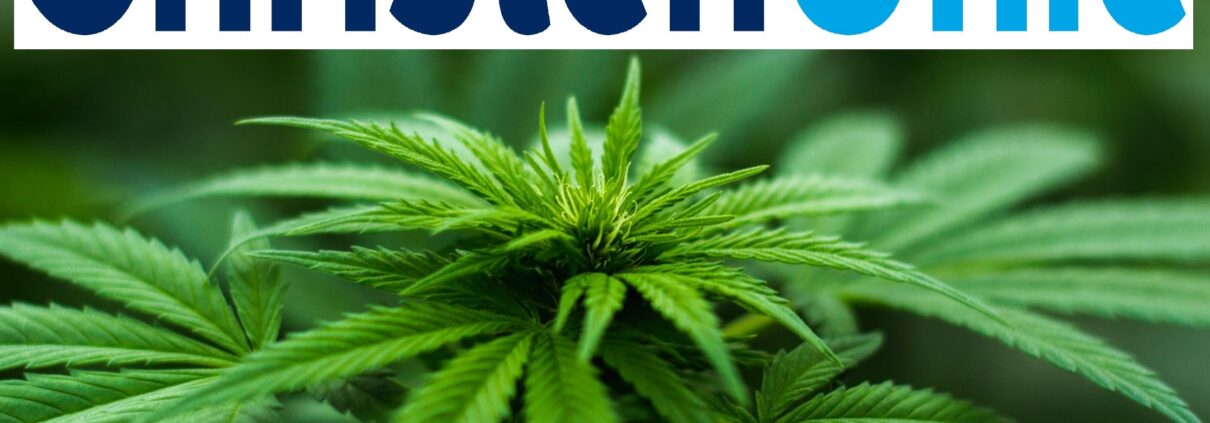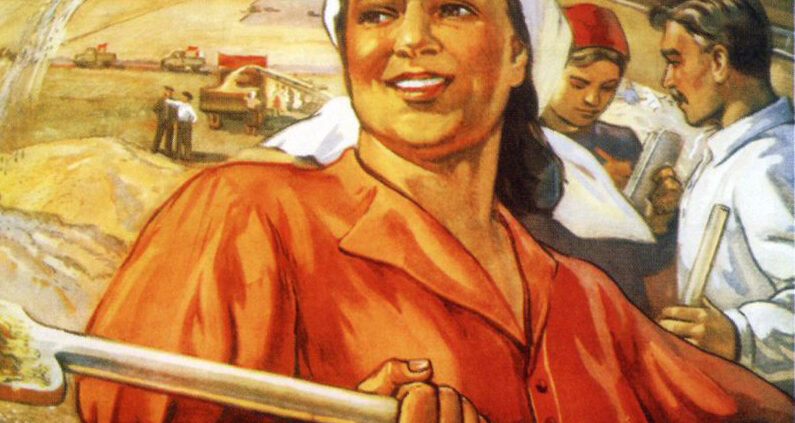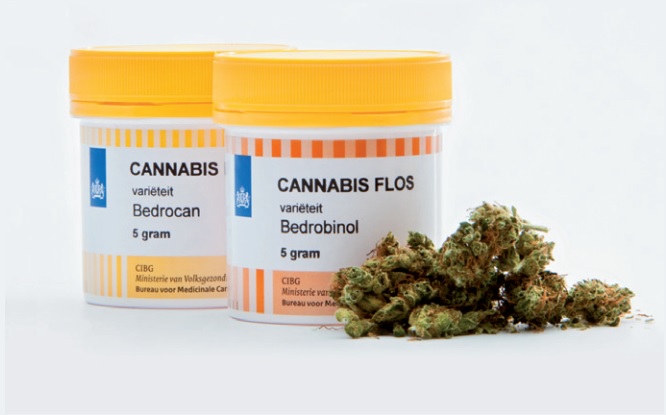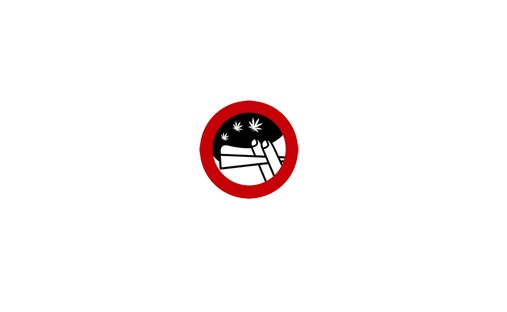If political party the ChristenUnie (CU) has her way, customers of Dutch coffeeshops will have to show an extract from their Personal Records Database records (BRP) before they can buy any weed. This proposed measure aims to ban tourists from coffeeshops and limit the acces to weed to Dutch residents only.
The idea is not new. The Dutch central government already gave municipalies the option to ban non-Dutch from their coffeeshops, but municipalities are allowed to determine whether they want to implement this rule. Many towns and cities, such as Amsterdam choose not to implement the ban and still allow tourists and other visitors of the Netherlands to buy and enjoy weed at its coffeeshops. The ChristenUnie wants to change that now. The party wants Justice and Security, minister Dutch to discuss the issue with the municipalities.
“At the moment, the Netherlands is known as the country where you go to get off and use drugs,” says MP Stieneke van der Graaf (CU). “That is horrible and shameful and I want to do everything to break that image as a drug country.”
Drugs and drug tourists cause too much trouble in our country, the politician believes. “Keeping tourists away from coffeeshops is a good start to tackle that nuisance.” Van der Graaf also considers it important that all municipalities apply the same criteria. “Otherwise you are only moving the problem.”
Illegal circuit
Ferry de Boer from the BCD, a branch organization for coffeeshop entrepreneurs, does not think that keeping tourists out of coffeeshops is a good idea. According to de Boer, the demand for cannabis does not disappear and this way you only chase consumers into the street. “This has already been happened in the city of Maastricht, where [after the ban] the number of illegal outlets has increased enormously.” An increase in illegal trade is not desirable for anyone, De Boer says. It would only aggravate the nuisance.
The coffeeshops were created to separate drug markets [to separate hard drugs from soft drugs consumption], he says. De Boer sees the refusal of tourists as a step back. It dates back to the time when there were hardly any coffeeshops. Then everything was sold from the illegal circuit and the Netherlands faced a major heroin problem. “There were parts of Amsterdam where you couldn’t walk as an ordinary citizen,” he says. With the arrival of the first tolerated cannabis, the situation changed. “The tolerance policy displaced the hard drug trade” with the coffeeshop as “safe haven”.
According to Van der Graaf, the increase in street trafficking of cannabis in Maastricht was not so disproportionate that it is a reason not to maintain the resident criterion. “The police were prepared for this and the illegal trade was quickly suppressed. Of course we have to take this into account, but it is not an argument for the long term. ”
Lots of police work
De Boer believes that closing the coffeeshops for tourists, and the associated growth of the illegal market, will cause major problems. “Maintaining something like this is going to require a huge amount of police work, and there is already a shortage of thieves.” In addition, making it mandatory to show a BRP would raise the threshold to go to a coffeeshop. This could also force the Dutch on to the illegal market.
It is not yet clear whether the minister will respond to the call of the ChristenUnie.




